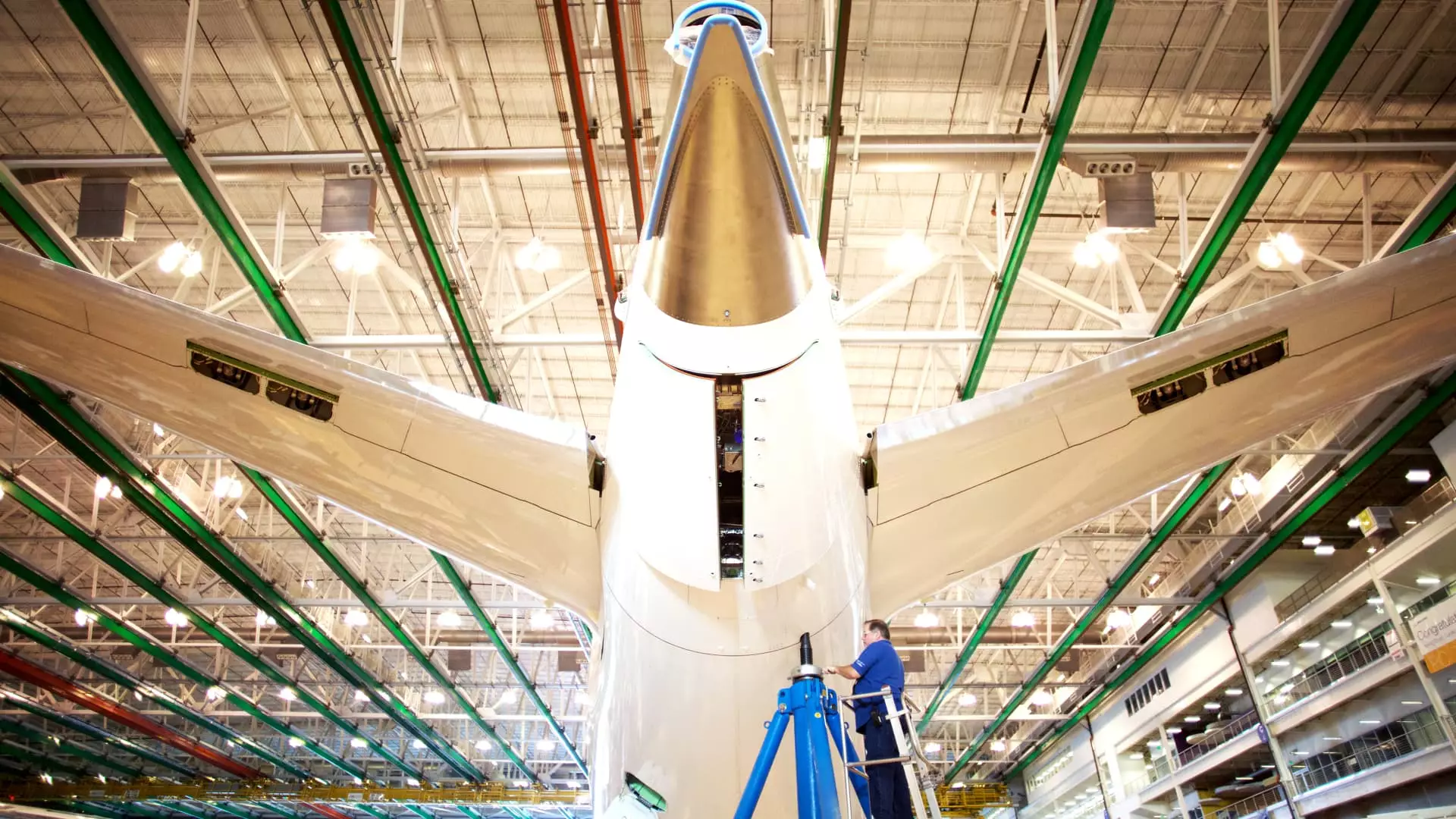Recently, Boeing has come under fire due to allegations made by one of its engineers, Sam Salehpour, regarding the quality and safety testing of its 787 Dreamliner and 777 aircraft. Salehpour claimed that Boeing took “shortcuts” to speed up production, potentially compromising the lifespan of the planes. However, Boeing refutes these allegations, stating that they are “inaccurate” and that the safety of the planes is not in question.
The allegations against Boeing come at a time when the company is already facing scrutiny following a safety incident involving a 737 Max plane. In January, a door plug blew out of a 737 Max at 16,000 feet, raising concerns about the safety of Boeing’s best-selling narrow-body aircraft. As a result, the Federal Aviation Administration has halted Boeing from increasing production of the 737 Max, further adding to the company’s challenges.
In response to the allegations, Boeing has highlighted the rigorous stress and safety tests conducted on the 787 Dreamliner. Boeing’s engineering managers detailed tests that included 165,000 cycles to simulate flights and a 300-pound pendulum striking the fuselage skin. Steve Chisholm, Boeing’s chief engineer for mechanical and structural engineering, emphasized that the company’s tests exceeded what aircraft would experience in service, demonstrating the planes’ durability.
Salehpour’s allegations specifically pointed to concerns about the joining of pieces in the carbon composite fuselage of the 787. He claimed that Boeing used force to align pieces without measuring the gaps accurately. Salehpour also alleged that he witnessed questionable practices, such as people jumping on pieces to force alignment, raising further doubts about Boeing’s manufacturing processes. These claims have prompted an investigation by the FAA to assess the validity of Salehpour’s concerns.
Boeing has strongly denied the allegations made by Salehpour and his legal team. The company emphasized its commitment to safety and quality, stating that the issues raised have been thoroughly examined under FAA oversight. Boeing reassured that the structural integrity of the 787 and 777 aircraft is not compromised and that the planes will maintain their service life over several decades. However, Salehpour’s legal team has also accused Boeing of retaliating against him for speaking out by excluding him from meetings and reassigning him from the 787 program to the 777 plan.
The allegations against Boeing have brought the company’s safety practices and manufacturing processes under intense scrutiny. While Boeing continues to defend the quality and safety of its aircraft, the investigation into Salehpour’s claims highlights the importance of thorough oversight and transparency in the aerospace industry. It remains to be seen how Boeing will address these allegations and maintain public trust in its products.


Leave a Reply